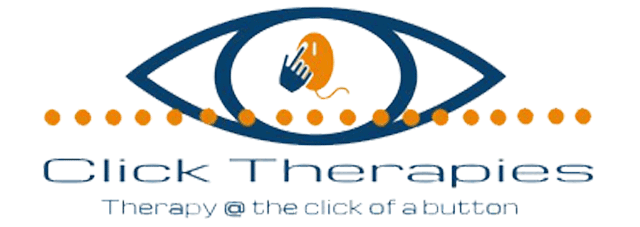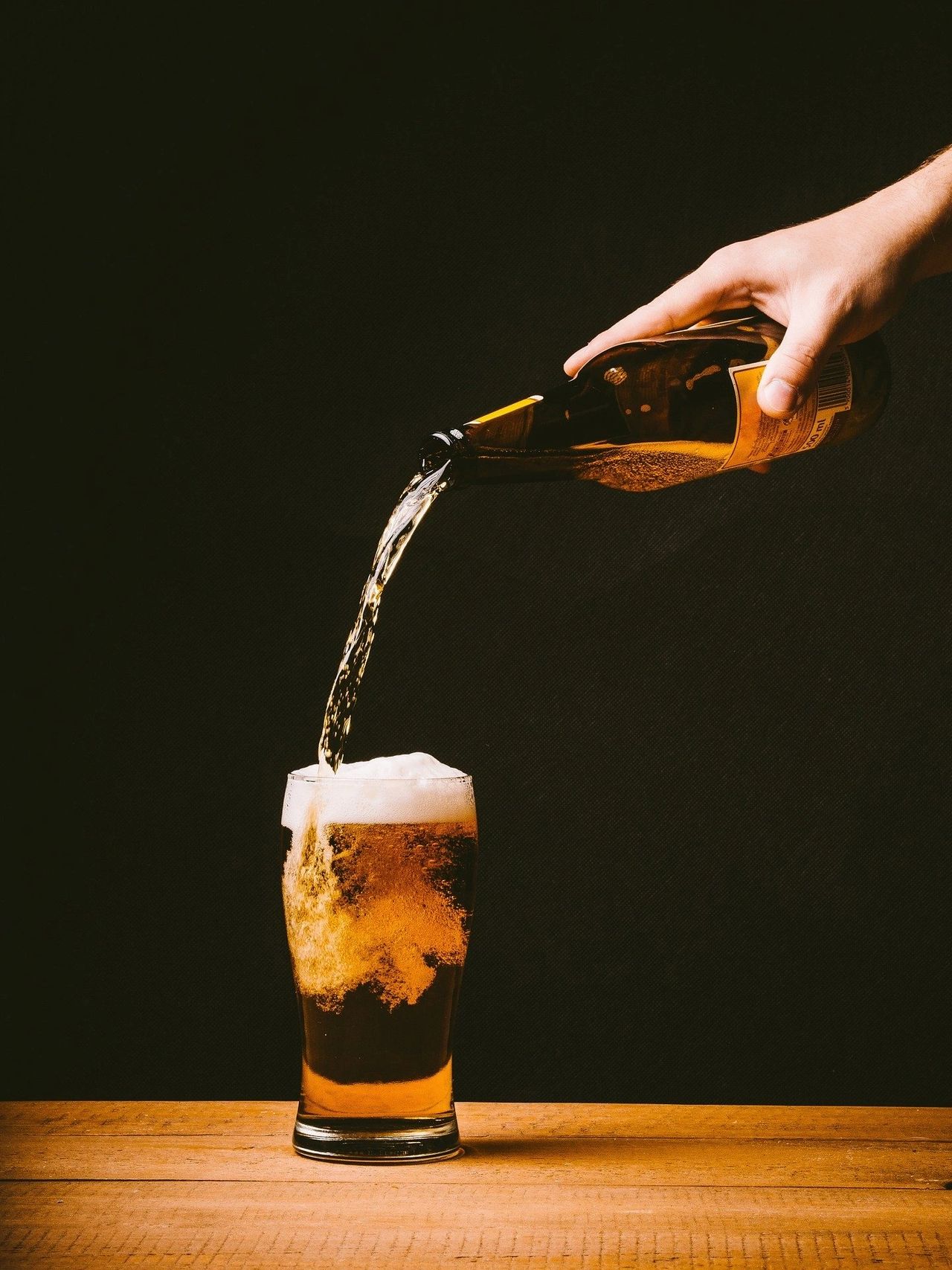At times if increased stress such as a lockdown situation it can be all too tempting to turn to alcohol. This might be to alleviate boredom or to self-medicate your troubles away. Alcohol and depression often appear to go hand in hand. It is all too common for many people to drink alcohol when they are feeling down or are overcome by the stressful events happening in their lives. Unfortunately, any perceived benefit of ‘drowning one’s sorrows’ will be temporary.
Individuals who drink as a method of dealing with their own negative emotions (self-medicating), can be creating long term harm for themselves in the pursuit of short-term relief. If drinking becomes habitual it can wreak havoc emotionally, physically, weakens the immune system and take its toll on family and work. It can also lead to or exacerbate chronic or ongoing depression.
At times of succumbing to the effects of alcohol, whether it be to relax or celebrate, many lose their feelings of being bound or restricted. This relaxed feeling is due to the chemical changes occurring from the alcohol in the brain. This effect has led numerous people to believe that ‘booze’ can help them reduce their anxiety and depression, improve overall confidence and help them to relax.
Alcohol is in fact a depressant, not an anti-depressant. It actually depresses the portion of the brain that is most responsible for conscious thought. This is why it is then easier to forget your immediate problems for the moment, as unwanted feelings and emotions are temporarily suppressed. As a person consumes more and more alcoholic drinks, different areas of the brain become affected. Instead of experiencing more happy feelings, it is common for negative emotional responses including depression, anxiety and anger to take over.
Of course once the alcohol-induced state is gone, the problems remain, often increased in magnitude and too often accompanied by remorse. This then adds to the emotional burdens being dealt with, increasing the symptoms and feelings of depression, and the cycle continues.
If this roller-coaster behaviour is allowed to become a habit, it is usual that both alcohol consumption and symptoms of depression increase. Again, this adds pressure to family, social and work relationships and this pressure contributes to the symptoms associated with depression.
At Click Therapies we realise that many people may turn to alcohol during this time of increased stress. If you are a person who drinks heavily on a consistent basis, you could be at a much higher risk of developing depression symptoms. Therefore, we have developed our online low intensity alcohol interventions protocol based on the principles of Cognitive Behavioural Therapy (CBT).
Alcohol can alter brain chemistry, including lowering the serotonin levels within the brain. Serotonin is one of the brain chemicals that aids in regulating moods. The consumed alcohol which is providing the effect causes chemical imbalances that the body must work hard to metabolize to reduce its damage to the body and the brain. Suffering through the effects a hangover is also not conducive to feelings of happiness and wellbeing.
Relationships can be negatively affected, either by the alcohol drinking or the associated depression. These relationship issues add fuel to the depression fire and so the vicious cycle escalates. Using alcohol to mask symptoms of depression is very common. Avoidance of confronting the problem directly is almost as common.
Solutions are available, they require personal courage and usually support from loved ones. It is in the interests of both those engaged in harmful use and others affected by the effects of habitual drinking to seek help. Too many lives and relationships have been damaged and even destroyed by the twin problems of depression and alcohol.
Visit www.clicktherapies.com to find out how you can book a 15 minute FREE consultation if you have concerns about alcohol or live with someone you care about. Click Therapies Online Low Intensity Interventions for Harmful Alcohol Use is a tried and tested therapeutic intervention.

